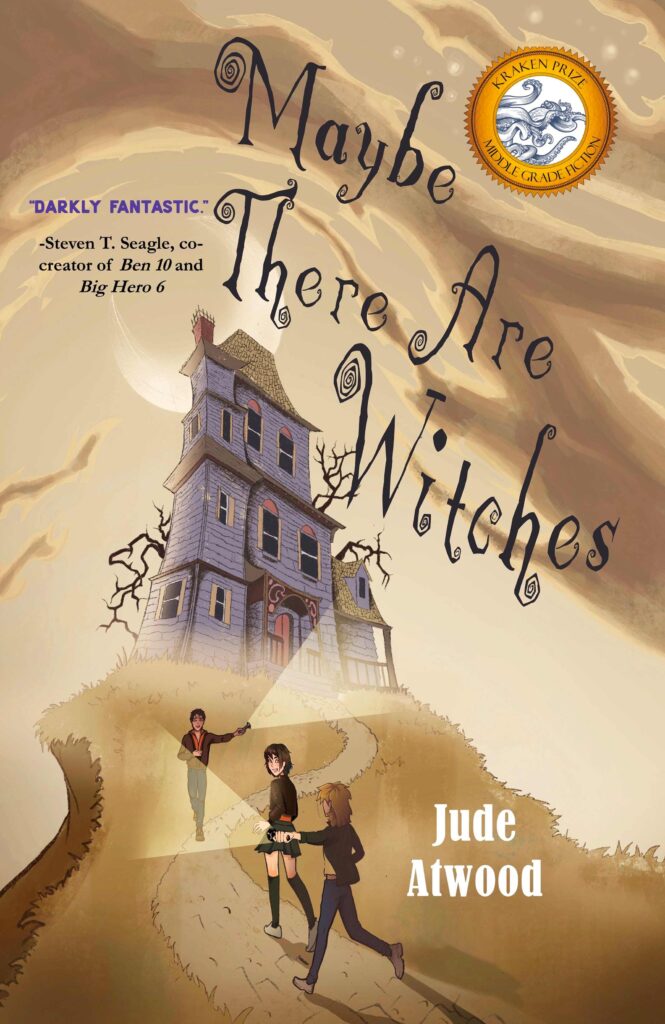Flights by Olga Tokarczuk, translated from Polish by Jennifer Croft, is quite a book. I’ve had it on my shelf for a few years, purchased after the author, who is Polish, won the Nobel Prize. Before reading, I thought it was a novel, but it isn’t labeled as such. The book felt more like a large collection of shorter pieces, quite varied in length, connected by two intertwining themes of travel and the preservation of human specimens. The writing is powerful and fluid, and I’m still not sure what to make of it.
An African History of Africa: From the Dawn of Humanity to Independence by Zeinab Badawi was my book club’s selection for July. Even at 500 pages, a book with such a broad scope could not be expected to dig very deep, so it was no surprise that it was mostly a general overview. After all, it’s a huge continent with a wide variety of cultures and it covers a very long period of time. That said, I found it fascinating and filled with material I knew nothing or very little about. I’ve read other books over the years, including fiction, that touched on some of these subjects, but this book offered a bigger picture. I recommend it.
A Net to Catch My Body in its Weaving by Katie Farris won the 2021 Chad Walsh Chapbook Prize from the Beloit Poetry Journal. The poems are about illness and recovery and love, and I found them to be very moving, both heartbreaking and hopeful.
A Ghost in the Middle Kingdom: A Memoir by Anna Keibler is a quick read about a young woman goes to China and makes a series of bad choices about men and life in general. What’s somewhat interesting about the book is that it takes the reader to Jinan, a city in eastern China about halfway between Beijing and Shanghai, that one doesn’t often hear about. Even more intriguing to me is the time the author spends in Qinghai, a western province on the Tibetan Plateau, mostly tracking down her deadbeat boyfriend who is from there.



